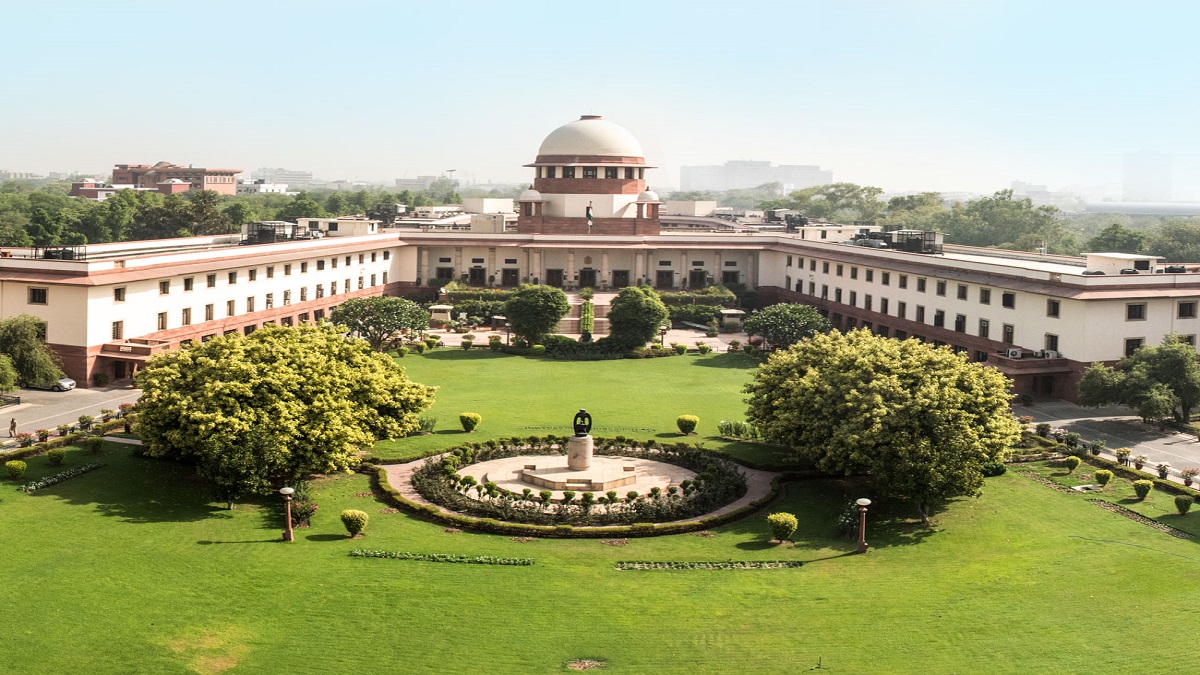Case Title: RAJENDRA S/O RAMDAS KOLHE Vs. STATE OF MAHARASHTRA
Case No.: CRIMINAL APPEAL NO. 2281 OF 2011
Order on: MAY 15, 2024.
Quorum: J. ABHAY S. OKA & J. UJJAL BHUYAN
Facts:
In this case, Rajendra, herein the appellant was serving in the army, and his wife, Rekha, was a police constable. Both of them resided in Ambajogai, Maharashtra. On 22nd July 2002, Rekha suffered severe burn injuries around 8:30 PM at the said residence. The prosecution alleged that Rajendra and his brother-in-law, Suresh, subjected her to cruelty, which lead to her death. They tied her up, poured kerosene on her, and set her on fire. She was taken to the hospital where she made a dying declaration involving her husband and brother-in-law. The police conducted an investigation, collecting evidence from the scene and recording multiple dying declarations. Rekha succumbed to her injuries on 24th July 2002, leading to the addition of Section 302 of the (IPC) to the FIR. The police filed a charge sheet against Rajendra, his father-in-law, mother-in-law, and sister-in-law. However, Suresh’s case was separated as he was a juvenile. Further, the trial court convicted Rajendra under Section 302 read with Section 34 of the IPC, sentencing him to life imprisonment and imposing a fine. The High Court dismissed his appeal against the conviction, leading to the current appeal in the Supreme Court. It was evident that during the trial, 13 witnesses were examined, and statements of the accused, including Rajendra, were recorded under Section 313 of the Cr.P.C. however, the defense argued that it was a case of suicide, not homicide and presented evidence, including the testimony of a doctor, to support their claim.
Contentions of the Appellant
The primary contention of the appellant in this case specifically highlights that there was no intention of Rajendra to harm or hurt his wife, instead they state that whatever incident happened during the mean time was not because of him but for some other reason, like suicide and not homicide. Further, the appellant challenged the testimonies of witnesses presented by the prosecution. They argued that the evidence provided by these witnesses was unreliable and inconsistent. Rajendra asserted that he was falsely implicated in the case due to personal vendetta or misunderstanding. He claimed that there was no motive for him to harm his wife. Lastly, he said that the way the courts handled the case was not fair, and they didn’t look at all the facts properly. He thought that maybe if things were done differently, he wouldn’t have been found guilty.
Contentions of the Respondent
The state argued that Rajendra Kolhe was responsible for his wife’s death. They said there was enough evidence to show that he was involved in the incident where she got badly burned and later died. They relied on witness statements and other evidence collected during the investigation to prove their point. They argued that the evidence presented during the trial clearly implicated him in the offense. The state contested Rajendra’s defense of suicide, asserting that the evidence pointed towards homicide rather than suicide. They challenged the credibility of Rajendra’s arguments and maintained that he should be held accountable for his actions. The state contended that the trial court and the High Court had properly considered the evidence and legal principles in convicting Rajendra. They argued that there were no procedural irregularities that would warrant overturning the previous judgments.
Legal Provisions
Section 302 IPC: Punishment for Murder
Section 498A IPC: Husband or relative of husband of a woman subjecting her to cruelty.
Section 504 IPC: It deals with the intentionally insult to provoke.
Issues framed by the Court
- Whether Rajendra Kolhe was indeed guilty of the offense of causing the death of his wife, Rekha?
- Whether the trial court’s decision to convict Rajendra under Section 302 of the Indian Penal Code was justified based on the evidence presented during the trial?
- Whether the trial proceedings adhered to the principles of natural justice and procedural fairness?
Court’s Analysis and Judgement:
Upon the analysis of the Hon’ble court, it carefully crosschecked all the information presented during the trial, like what witnesses said and any evidence collected. They checked if what people said matched up and if it all made sense. Further, they also considered things like reports from experts and what the victim, Rekha, said before she died. Accordingly, they determined the rules and laws that applied to the situation, in order to see if whatever happened was against the law. Therefore, after scrutinizing all the aspects of this matter they made a decision about whether Rajendra Kolhe was guilty or not, and if he was, what punishment he should get.
“PRIME LEGAL is a full-service law firm that has won a National Award and has more than 20 years of experience in an array of sectors and practice areas. Prime legal fall into a category of best law firm, best lawyer, best family lawyer, best divorce lawyer, best divorce law firm, best criminal lawyer, best criminal law firm, best consumer lawyer, best civil lawyer.”
Judgement Reviewed By- Shramana Sengupta


